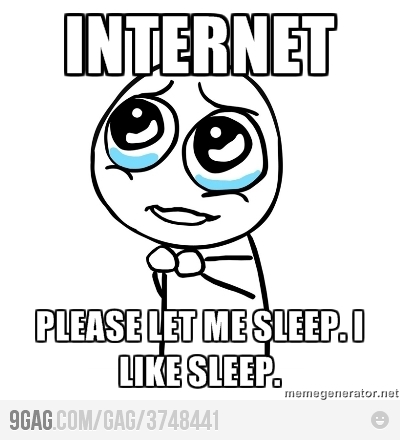An interesting article on how schizophrenics’ thoughts that they are controlled by an outside power or living in a world crafted for them has become a matter of possibility for all of us – or “how reality caught up with paranoid delusions.” Exploring advances in technology, its ubiquity and the way we consume it, we assume we perceive an altered *cough* enriched and augmented version of the world around us. We silently ignore that this allows us to be easily toyed with and manipulated without us necessarily noticing it.
This is an interesting phenomenon that is not widely known and mostly ignored. But the matter of the fact is that if you have two computers, side-by-side, open up your browser and search for the exact same thing, you won’t get the same list of results. The same happens on social networks: try looking for a non-person and compare the results and their order.
Search gurus will tell you this is the magic of “personalized results” and finding things “most interesting to you” … but what they don’t tell you is that this comes at the price of having the possibility of doing a global and unbiased search.
Any search you do is biased, by the region you are accessing the internet from (continent, country, city), your internet history, your search history, your language preferences, time of day … basically anything quantifiably different will alter your search results. You can’t (even if you try) do a unfiltered, repeatable and global search on the internet. And anything you click in those already tailored results will only reinforce your perceived “interest.”
Eli Pariser also talks about this in his “Beware online filter bubbles” Ted Talk where he quotes Google’s Eric Schmidt:
It will be very hard for people to watch or consume something that has not in some sense been tailored for them.
— Eric Schmidt, Google
So, what would prevent any of those search providers from manipulating results deliberately? Actually, pretty much nothing. The amount of manipulation they would have to do e.g. to influence voter preferences in an already close election would probably be too little to be noticed and it wouldn’t even be illegal. So that’s why people like Bruce Schneier demand regulation for secret algorithms that have become part of our infrastructure.
One thing is clear: it can’t stay the way it is now.
OK … enough dystopic thoughts for today. 😛
Update 2013-12-08:
Seems like reality caught up already. Case in point: South Korea.
